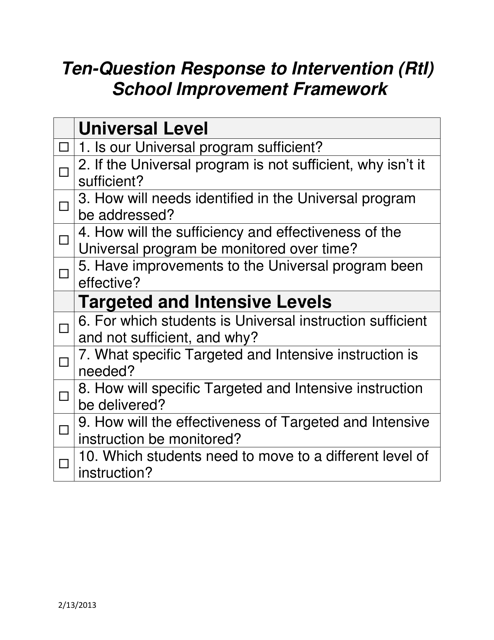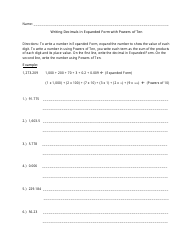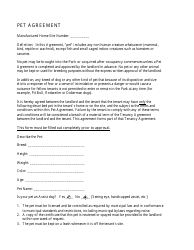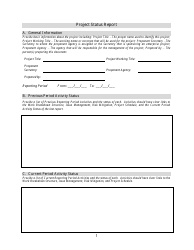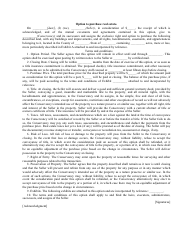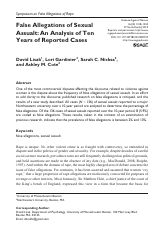Ten-Question Response to Intervention (Rti) School Improvement Framework - Iowa
Ten-Question Response to Intervention (Rti) School Improvement Framework is a legal document that was released by the Iowa Department of Education - a government authority operating within Iowa.
FAQ
Q: What is Response to Intervention (RTI)?
A: RTI is a school improvement framework that helps schools identify students who need additional support and provide them with appropriate interventions.
Q: How does RTI work?
A: RTI involves a multi-tiered approach, with different levels of support provided based on each student's needs.
Q: Why is RTI important?
A: RTI is important because it helps ensure that all students receive the support they need to succeed academically.
Q: What are the key components of RTI?
A: The key components of RTI include universal screening, progress monitoring, tiered interventions, and data-based decision making.
Q: What is universal screening?
A: Universal screening involves assessing all students to identify those who may need additional support.
Q: What is progress monitoring?
A: Progress monitoring involves regularly assessing students to measure their growth and determine if interventions are effective.
Q: What are tiered interventions?
A: Tiered interventions involve providing different levels of support to students based on their specific needs.
Q: How is data-based decision making used in RTI?
A: Data-based decision making involves analyzing student data to inform intervention decisions and improve instructional practices.
Q: Who is responsible for implementing RTI?
A: RTI implementation is a collaborative effort involving teachers, administrators, and other school staff.
Q: Are there any resources available to support RTI implementation?
A: Yes, there are various resources, including guidelines, trainings, and tools, available to support RTI implementation in schools.
Form Details:
- Released on February 13, 2013;
- The latest edition currently provided by the Iowa Department of Education;
- Ready to use and print;
- Easy to customize;
- Compatible with most PDF-viewing applications;
- Fill out the form in our online filing application.
Download a printable version of the form by clicking the link below or browse more documents and templates provided by the Iowa Department of Education.
